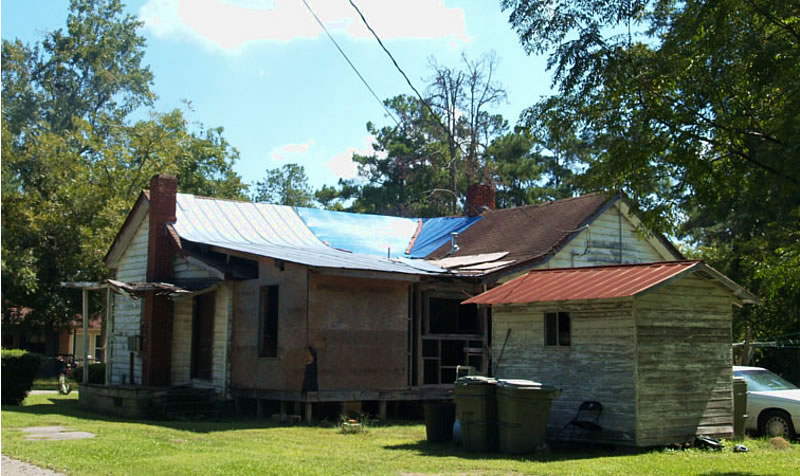
By Sam Spence, special to Statehouse Report | South Carolina is a poor state. Past the “Great Day” greetings and glossy magazine rankings, in a slew of economic metrics, many South Carolina residents rank among the poorest in the nation.

The war waged against poor people in South Carolina is cynical political theater with deadly consequences for thousands just scraping by as backslapping politicians do little to seriously address the problem. Many times, leaders have opted for policies that go out of their way to punish poor people for being poor.
Two weeks before Christmas, Gov. Henry McMaster announced that the state received a waiver for a new Medicaid “community engagement initiative.” The waiver would require some of the state’s poorest residents receiving health insurance through Medicaid to work at least 80 hours per month to remain insured. Those most affected would be low-income parents, according to an initial report from the Georgetown University and S.C. Appleseed Legal Justice Center. Of the adults who rely on Medicaid and are targeted, 86 percent are mothers and 51 percent are African American — the state’s nonelderly population is just 28 percent African American, according to the report. Rural areas would be especially hard hit.
Faced with the new requirements, the groups conclude that many poor in South Carolina could very well lose their coverage because of red tape and administrative issues, expenses like child care, or could end up earning too much to be covered by Medicaid but unable to afford private insurance. By their own estimates, state analysts say about 3,000 residents could lose coverage over five years. Appleseed and Georgetown worry that number is “undoubtedly an underestimation,” putting it between 5,000-14,000 in the first year alone.
This is just the latest example of ideology driving politics that stoke socio-economic division and shame people for being poor. In 2017, S.C. Attorney General Alan Wilson trotted out $275,000 in SNAP fraud that his office prosecuted, a whopping 0.02 percent of the $1.2 billion received for food stamps in 2016.
The proposed work requirements amount to a one-two punch when coupled with the past two governors’ decisions to decline Medicaid expansion under the Affordable Care Act — a move which has cost “several hundred” lives, one former state Medicaid leader has said. South Carolina is the only state to turn down Medicaid expansion and get permission to require work reporting from enrollees.
Besides being morally reprehensible, the state’s fight against the best interests of its residents who live at or near poverty shows a true disconnect between South Carolina leaders and low-income working people.
Announcing the proposal last month, federal Centers for Medicare and Medicaid Services leader Seema Verma claimed that the move “will lift South Carolinians out of poverty by encouraging as many as possible to participate in the booming Trump economy.”
Unemployment is indeed low and the markets are high. People have made money, but it likely isn’t the single mom in Allendale County, where almost a quarter of adults are on Medicaid and 37 percent live in poverty.
To boast a “booming Trump economy” for South Carolina families is at best a political stretch, at worst untrue, and in any case, is a twisted jab at the thousands of residents who struggle to get by.
“Without meaningful work, life loses its joy and meaning,” McMaster said at the rollout, according to the Greenville News.
In a state where its leaders have repeatedly failed and even worked against its most vulnerable residents, the governor will surely understand if Palmetto State citizens don’t share in his joy.
Spence, editor of the Charleston City Paper, offered this commentary earlier this week in our sister news publication.















 We Can Do Better, South Carolina!
We Can Do Better, South Carolina!
Let’s just name it for what it really is…pure racism.
This notion seems to be prevalent only in southern states?Could it be racism?This also holds true for the expansion of Medicaid and proper funding for public education.